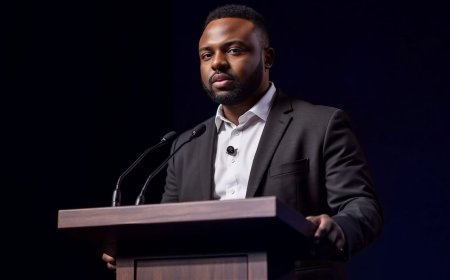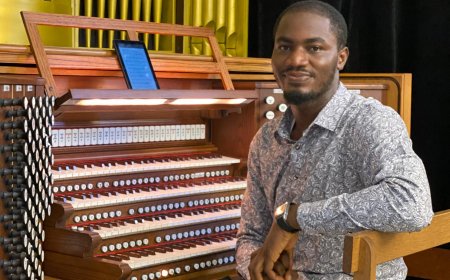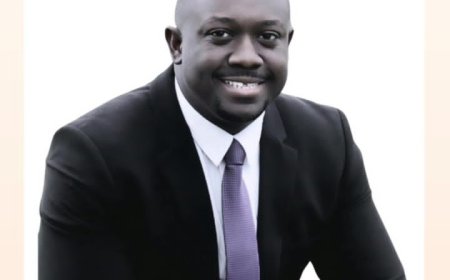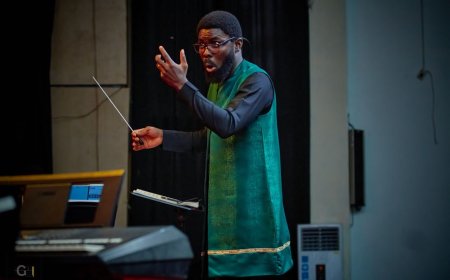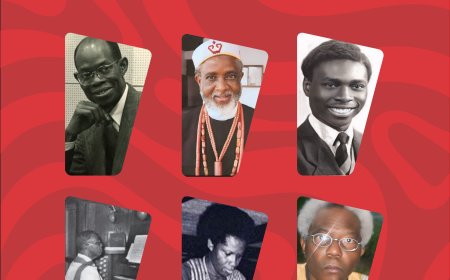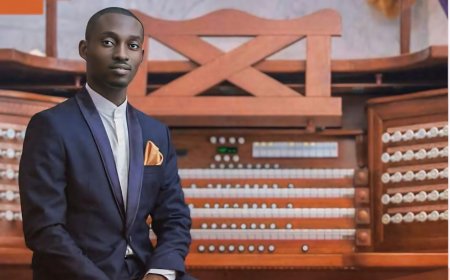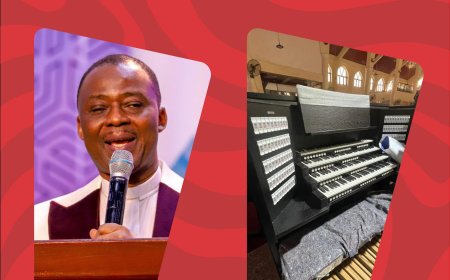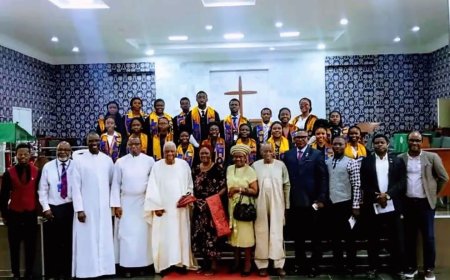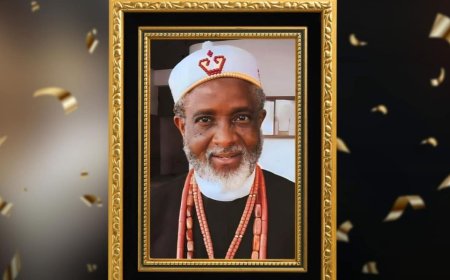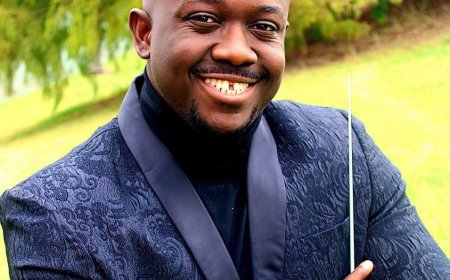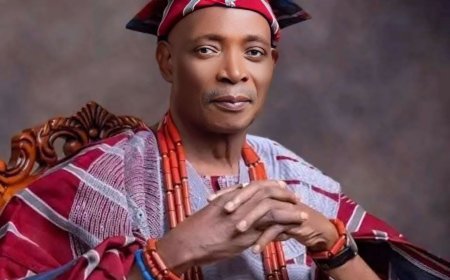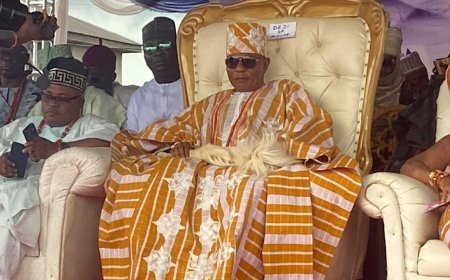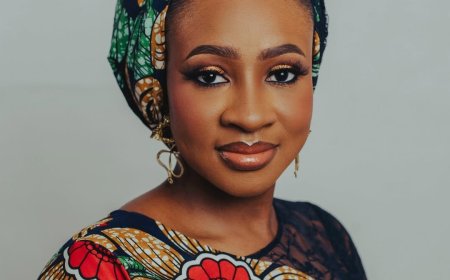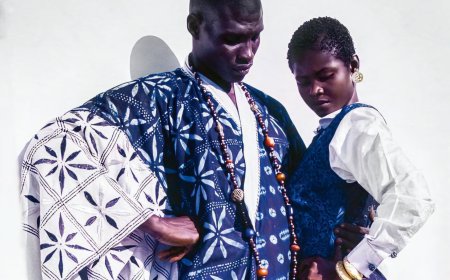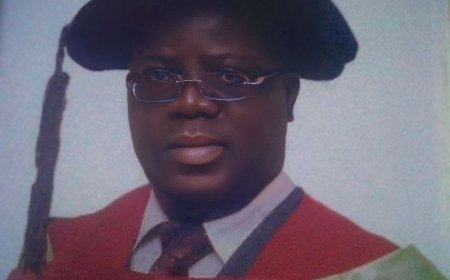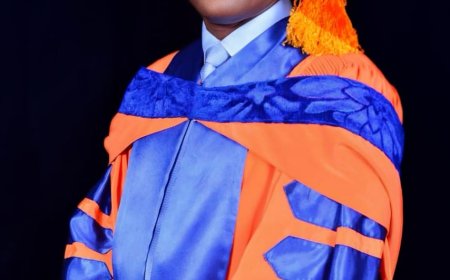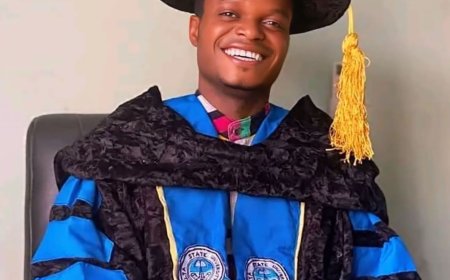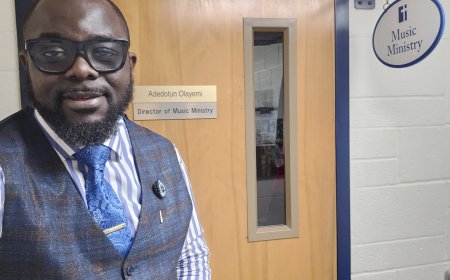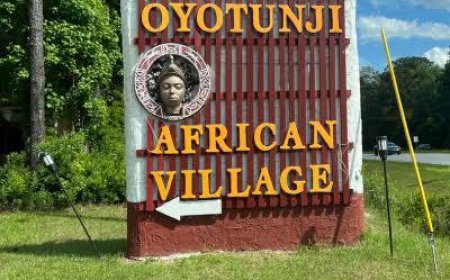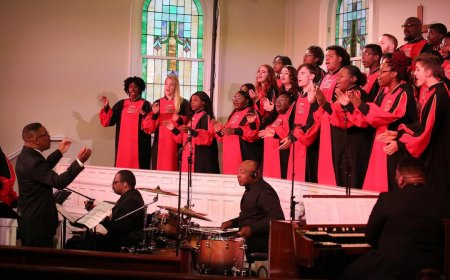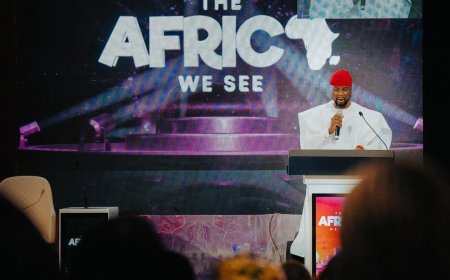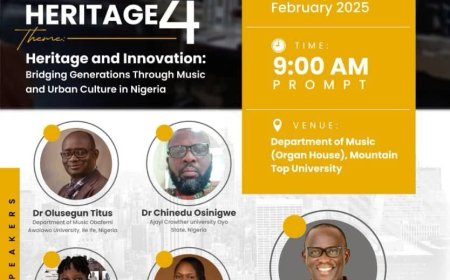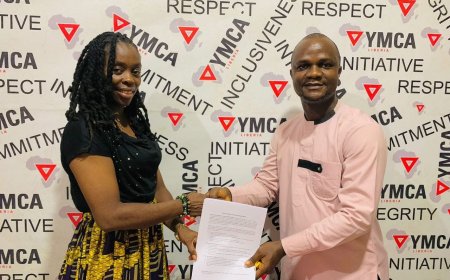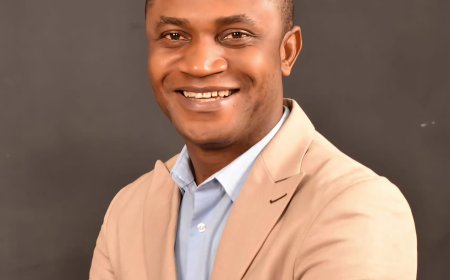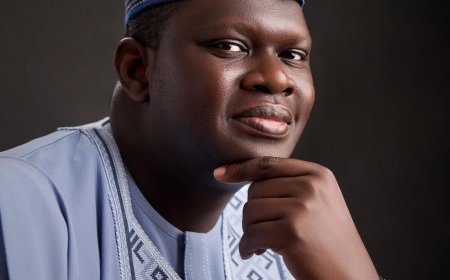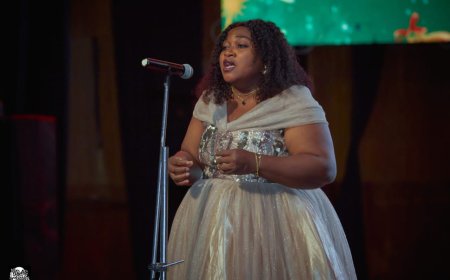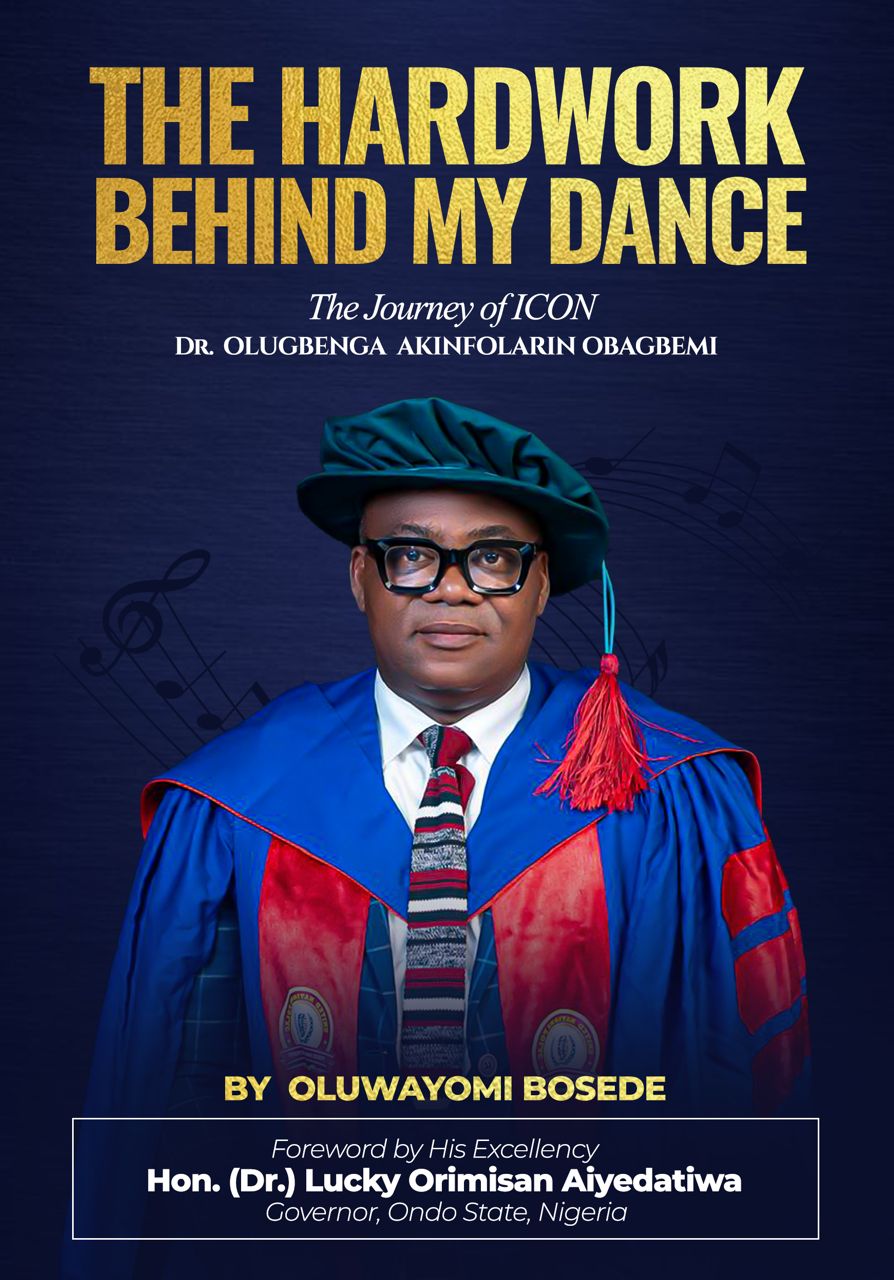Dr Folorunso David Jayeola Reappointed as Head of Music Department at Alex Ekwueme Federal University, Ndufu-Alike (AE-FUNAI)
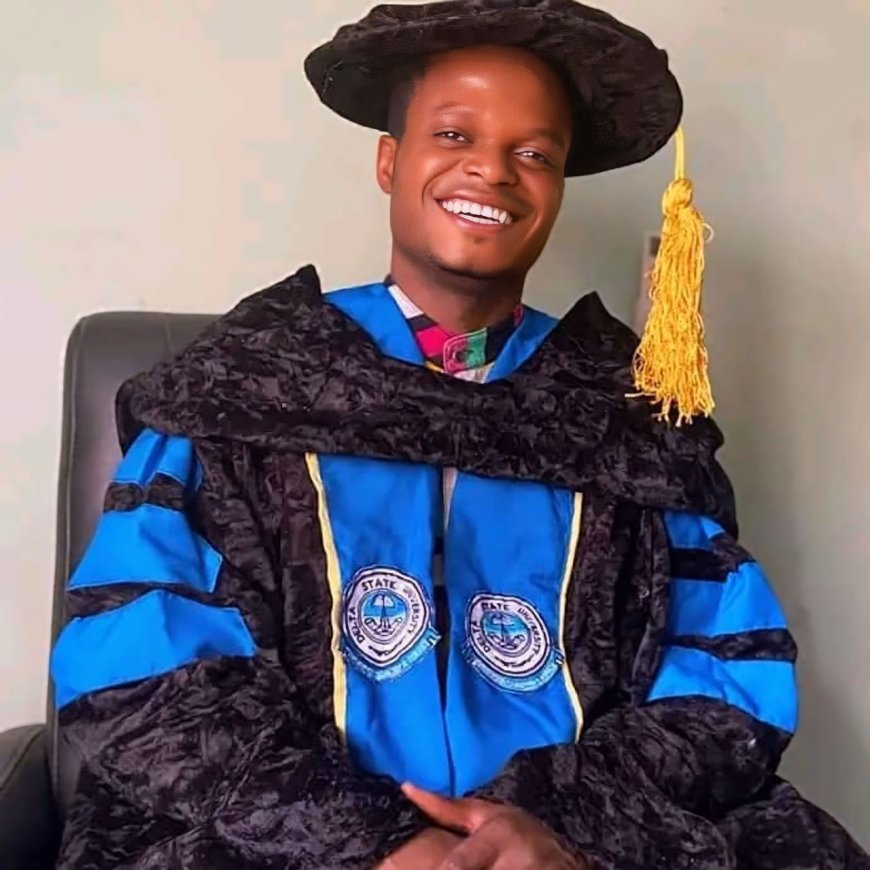
The corridors of Alex Ekwueme Federal University, Ndufu-Alike (AE-FUNAI) carried an unusual buzz last week. News spread quickly: Dr Folorunso David Jayeola, one of Nigeria’s most accomplished music scholars, has been reappointed Head of the Department of Music for the third consecutive term.
In Nigerian universities, where leadership positions often rotate swiftly, such continuity is rare. For students and colleagues, the announcement is more than a formal extension. It is a clear vote of confidence in a man whose career bridges scholarship, performance, and mentorship.
A Scholar with an Uncommon Profile
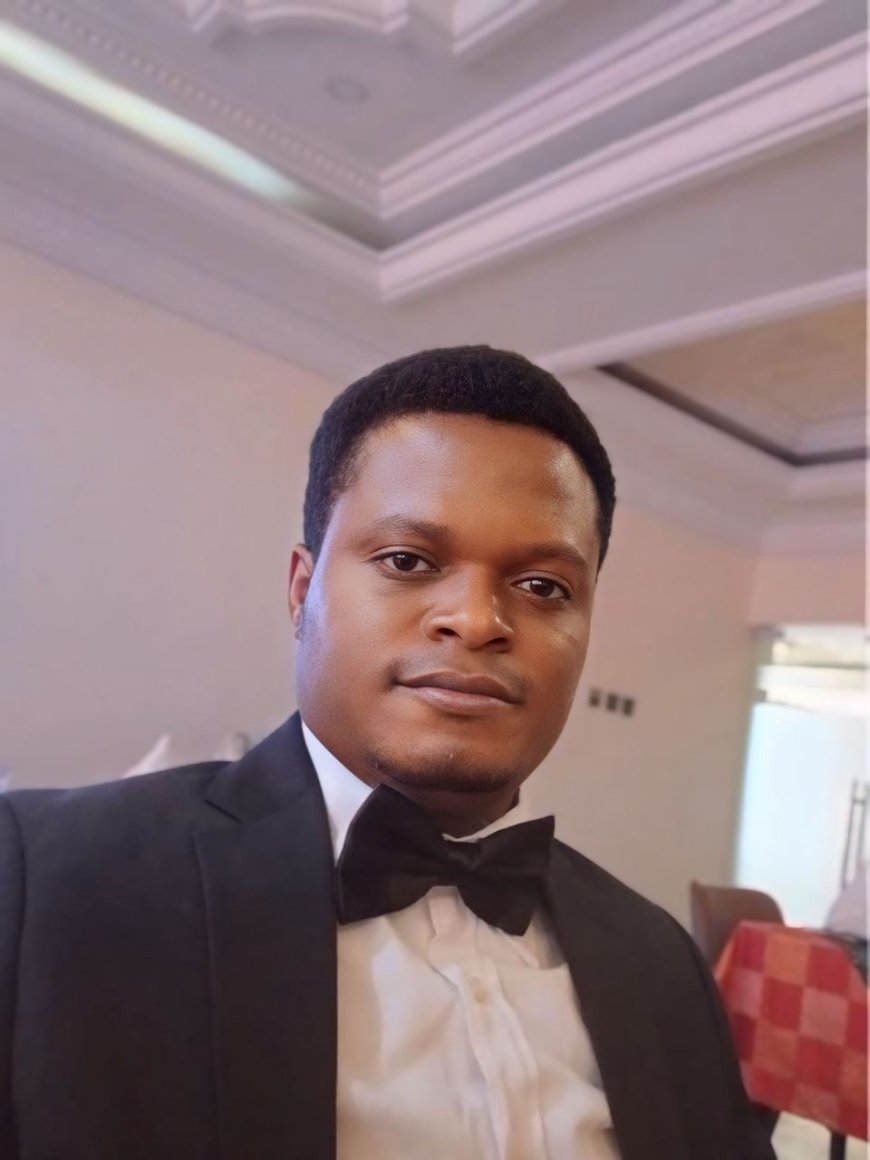
Dr Jayeola stands out even in a crowded field. He is among the few Africans to hold a double PhD in music—earned First PhD in African at Delta State University and Second PhD in Ethnomusicology at Sorbonne Université, Paris, France. His academic path began at the University of Nigeria, Nsukka, where he earned both Bachelor’s and Master’s degrees.
‘Music has enriched my life in ways I cannot count—spiritually, financially, relationally,’ he says. ‘And I believe it can do the same for the next generation if we commit to nurturing it.’
From Church Trumpet to International Stage
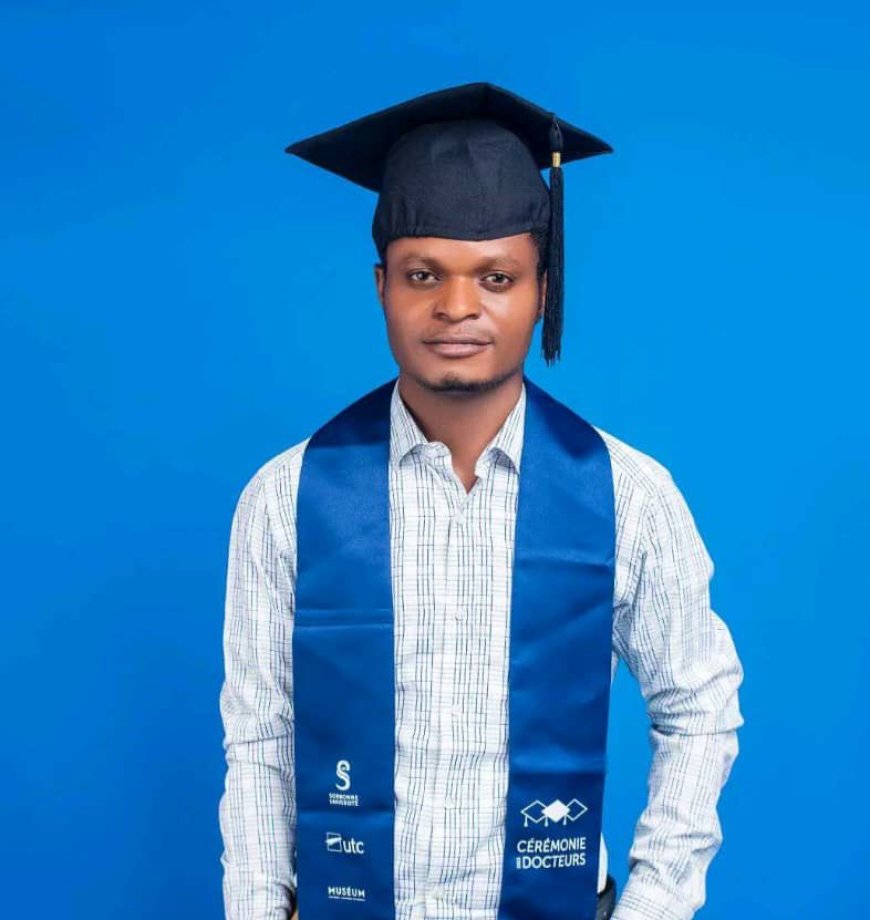
The story began far from academia. Growing up, Jayeola learned the trumpet in his local church, training his ear and discipline through hymnody and choir accompaniment. That simple beginning became the seed of an international career. Years later, his research interest took him to France, where he performed with an orchestra and appeared alongside Nigerian pop acts such as Runtown during his Parisian years.
Colleagues describe him as a bridge figure, equally at home with classical fugues, Yoruba folk chants, and contemporary African brass. For his students, this versatility is not only liberating but proof that an African musician can be both global and grounded.
Building a Department, Shaping Lives
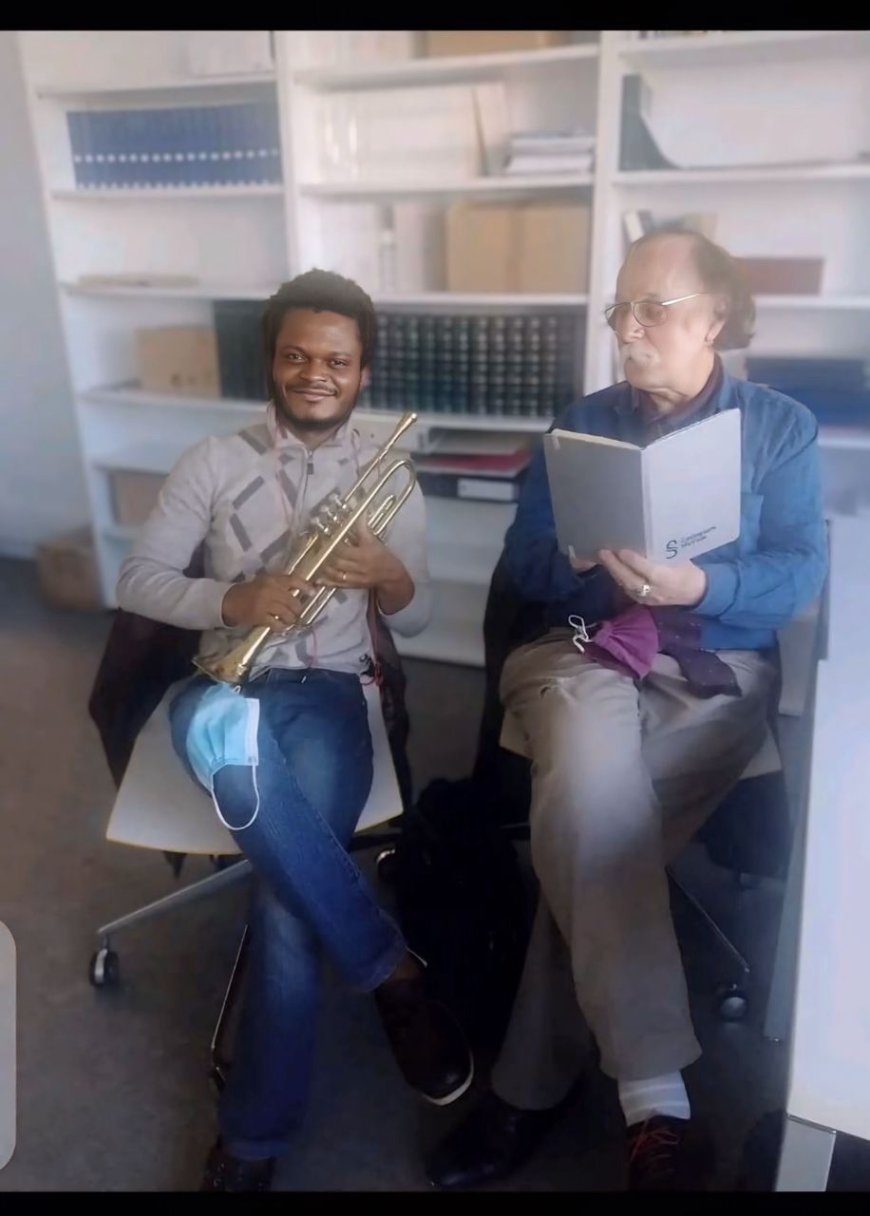
As one of the pioneer staff of AE-FUNAI’s Department of Music, Jayeola has been central to its growth. His leadership has seen the department stage annual concerts that now draw audiences beyond Ebonyi State, attract guest lecturers from other Nigerian universities, and prepare students for competitions at home and abroad.
Many of his former students have become professional organists, trumpeters, conductors, and lecturers themselves. Alumni often point to his mentorship as decisive in their careers. ‘Continuity is vital in academic growth,’ he reflects. ‘It allows us to finish what we start—building structures, mentoring young scholars, and establishing research traditions that last.’
A Voice for African Scholarship
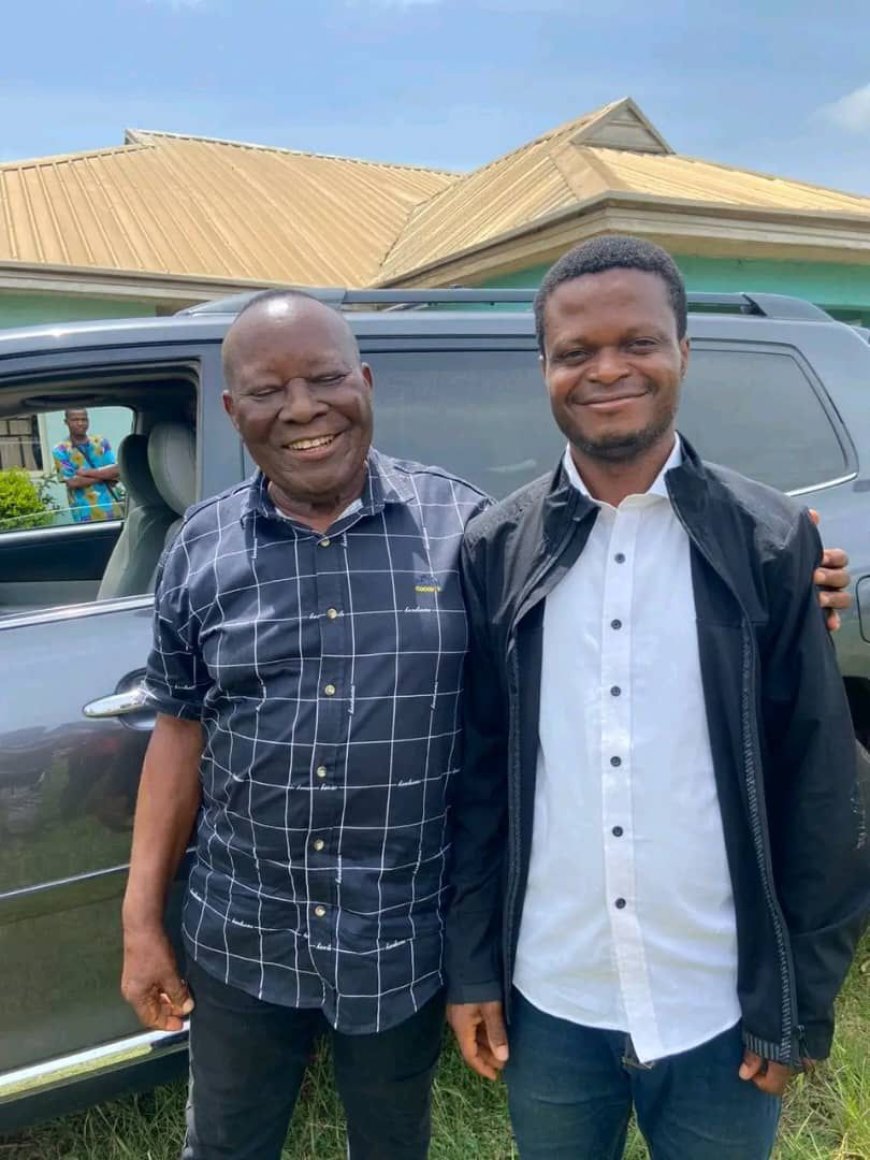
Beyond administration, Jayeola is a passionate advocate for African-based research. He has published widely on indigenous Nigerian music and its role in national development, and he consistently urges his students to draw on local traditions for scholarly inquiry.
‘We cannot afford to let others write our story for us,’ he insists. ‘Our rhythms, instruments, and songs carry meanings that only we can fully interpret. The world is listening, but it is our responsibility to speak.’
For him, technology is both a challenge and an opportunity. With digital platforms such as Spotify, YouTube, and Apple Music, African music is more accessible than ever. But, he cautions, context matters: ‘Accessibility must be matched with scholarship. Otherwise, we risk exporting sound without meaning.’
Service beyond Campus
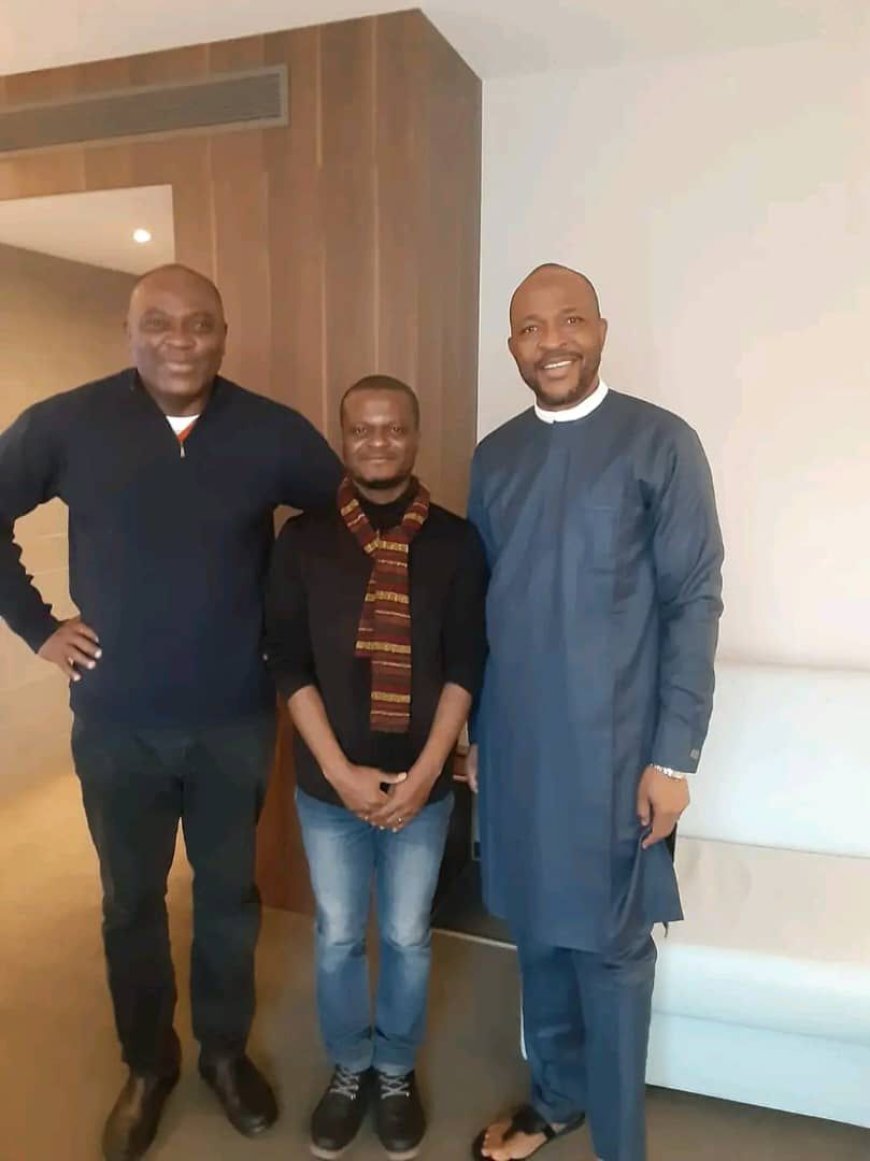
Dr Jayeola’s influence is not confined to the university. He currently serves as Diocesan Music Director for the Diocese of Abakaliki in the Church of Nigeria, Anglican Communion, and has been knighted for his contributions to sacred music. This dual role—academic and ecclesiastical—allows him to see music not only as art but as a vehicle for community and spirituality.
Parents, he believes, must take music education seriously. ‘Encourage your children. Support their practice. The discipline of music is never wasted—it trains the mind, the character, and the spirit.’
A Continental Vision
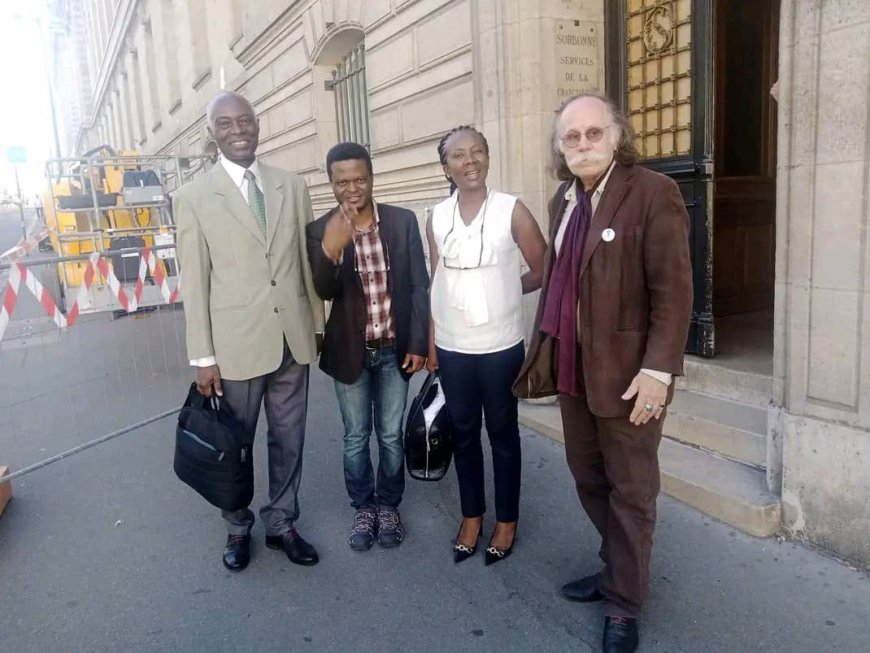
As Nigeria and Africa negotiate their place in the global creative economy, figures like Jayeola carry unusual weight. His double PhD gives him authority in both African traditions and European classical frameworks. His work represents a future where Nigerian music education produces not only performers but also thinkers, scholars, and cultural custodians.
‘Africa must embrace its musical heritage,’ he says. ‘We must invest in education, training, and resources. The future of African music depends on how well we nurture it today.’
Looking Ahead
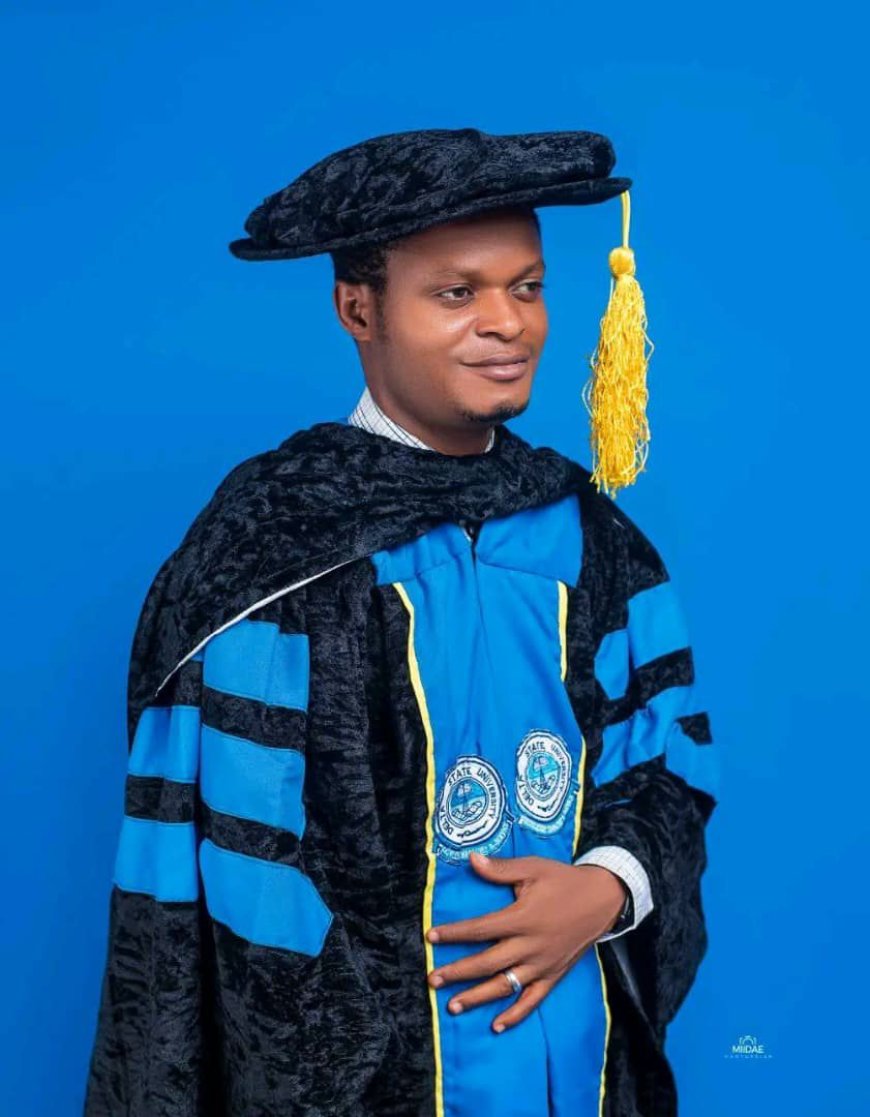
For the Department of Music at AE-FUNAI, his third term provides stability at a critical time. For his students, it promises more mentorship and opportunities. And for African music more broadly, it means another cycle of scholarship, performance, and advocacy from one of its most articulate voices.
Back in the rehearsal room, Jayeola often often encourage his students to be disciplined musically. He sounds this clearly like a trumpet. A clear, golden note rings out—steady, commanding, hopeful. His students fall silent, listening. For them, his reappointment is not just administrative news; it is a guarantee that their department will continue to resonate, not as an echo of the past, but as part of the rhythm of the present.
In his words: ‘I sincerely thank the University VC, Prof Oge Elom, and the entire university management for the opportunity to serve the department once again.’
What's Your Reaction?








